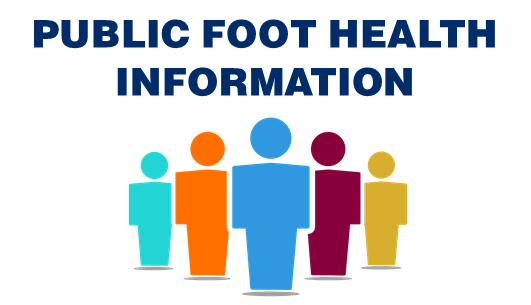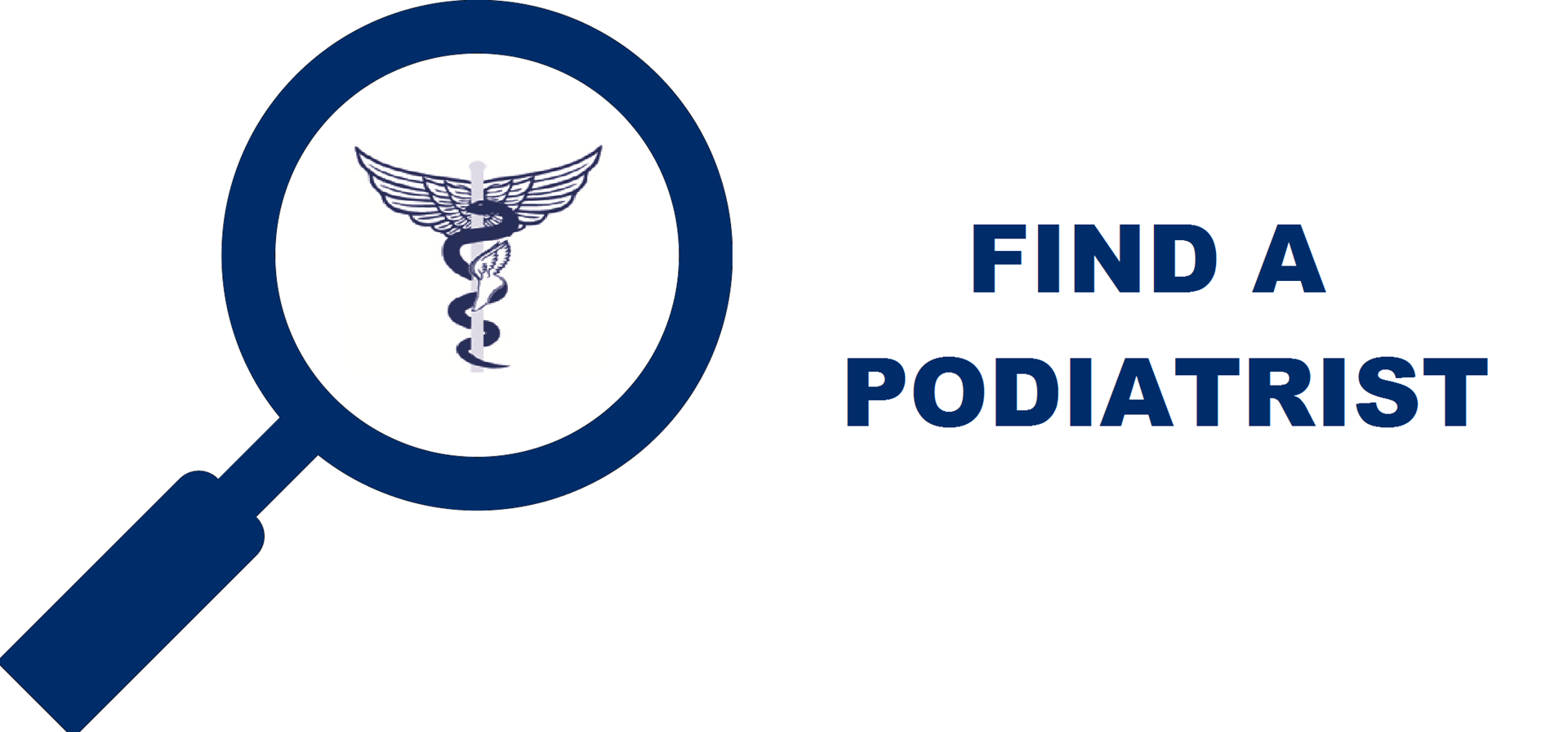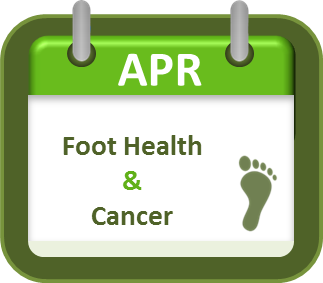|
Foot Tumours |
Bone tumors of the foot
are rare and represent only 3%–6% of all bone tumors. They are benign in
75%–85% of cases and malignant in 15%–25%. The bone most commonly affected is
the calcaneus, followed by metatarsal and phalangeal bones. Chondrosarcoma is the
most frequent malignant tumor of the foot, followed by Ewing sarcoma and
osteosarcoma. Although there is no thick soft tissue layer to potentially cover
a developing mass, a relatively long delay in diagnosis has been reported for
such tumors. Despite a high rate of misdiagnoses, which may lead to
incorrect first-line treatment, foot sarcomas rarely develop metastases.
Symptoms Tumours of the foot are classified as benign or malignant. There are a number of benign tumours specific to the foot that affect the skin, soft tissue. and bone. Primary malignant tumours of the foot represent less than 1% of all malignant tumours. Causes After the age of 40 years, chondrosarcoma is the most usual malignant tumour of the foot. In young patients bone tumours such as osteosarcoma or Ewing’s sarcoma, are very unusually located in the foot. Again, benign tumours and tumour-like lesion of the foot and ankle are not uncommon, but malignant tumours and especially malignant bone tumours of the foot are rare. Risk Factors The anatomy of the foot is very complex with many bony and soft tissue structures in a relatively small space. The risk factors seem to be related to UV exposure, co-morbidities and standard cancer risks. |
Terminology
Chondrosarcoma is a cancer composed of cells derived from transformed cells that produce cartilage. Chondrosarcoma is a member of a category of tumors of bone and soft tissue known as sarcomas.
Middle-aged people and older adults are more likely than other age groups to develop chondrosarcoma. This type of bone cancer usually develops in the hips, shoulders, and pelvis.
Enchondroma is a type of non-cancerous bone tumour that begins in cartilage. Cartilage is the gristly connective tissue from which most bones develop. Cartilage plays an important role in the growth process.
Sarcoma is a rare kind of cancer that grows in connective tissue -- cells that connect or support other kinds of tissue in your body. Ewing sarcoma family of tumors (ESFTs) strikes adolescents and young adults, but these tumors can sometimes affect children as young as 5 years old. This type of bone cancer usually shows up in the legs. It begins in the cavities of the bones where the bone marrow is produced. In addition to thriving in bone, ESFTs can also grow in soft tissue, such as fat, muscle, and blood vessels.
When cells divide abnormally and uncontrollably, they can form a mass or lump of tissue. This lump is called a tumour. Bone tumours form in your bones. As the tumour grows, abnormal tissue can displace healthy tissue. Tumours can either be benign or malignant. Benign tumors aren’t cancerous. While benign bone tumours typically stay in place and are unlikely to be fatal, they’re still abnormal cells and may require treatment. Benign tumors can grow and could compress your healthy bone tissue and cause future issues. Malignant tumours are cancerous. Malignant bone tumours can cause cancer to spread throughout the body. The good news is that benign tumors are more common than malignant ones. There are also several types of cancer that produce malignant bone tumors. Primary bone cancer means that the cancer originated in the bones. Primary bone cancer accounts for less than 1 percent of all types of cancer. The three most common forms of primary bone cancers are osteosarcoma, the Ewing sarcoma family of tumors, and chondrosarcoma. |






